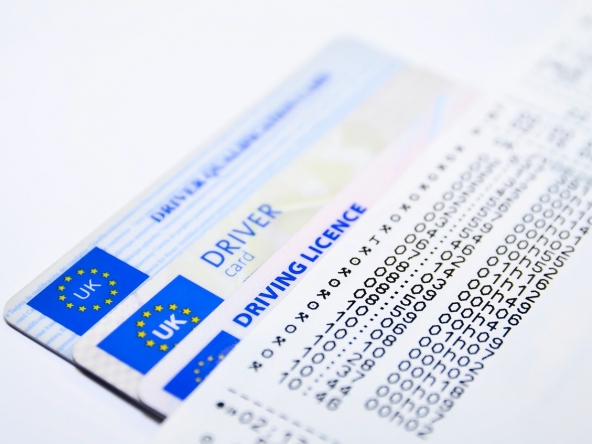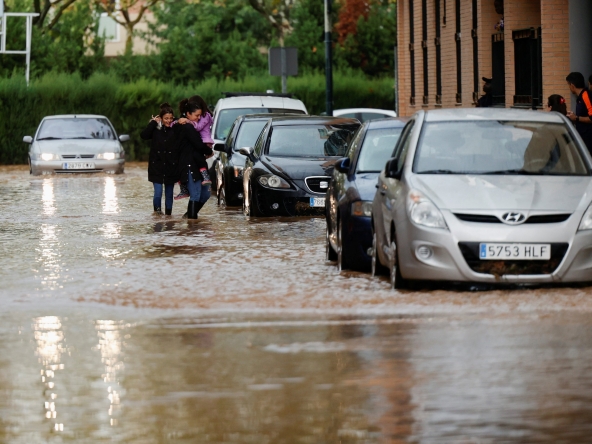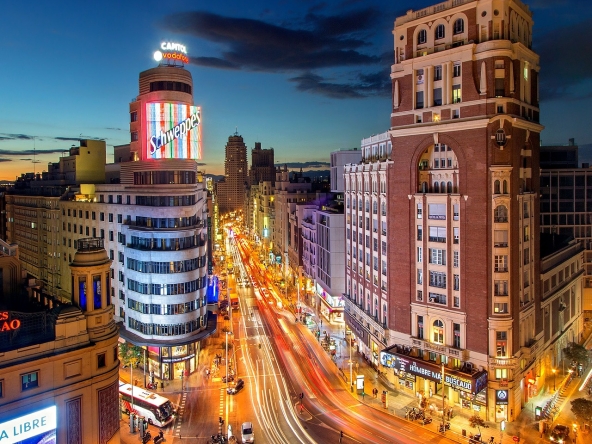SPAIN is taking another step toward normalcy during the epidemic by phasing out the almost two-year-long requirement to wear masks indoors.
MADRID, SPAIN — Spain made another step toward normalcy despite the epidemic last Wednesday, partially lifting the almost two-year-old need to wear masks indoors.
The government directive, which was signed on Tuesday, makes masks essential for visitors and personnel in medical centres and nursing homes, while patients are not required to wear them all of the time.
Masks will be needed on all manners of public transit, except for stations and airports.
The decree's influence on workplaces such as public and private corporate offices, banks, factories, and retail is unknown. The government allows companies to decide whether or not to use them if they believe they pose a health danger.
Therefore, they are suggested but not required, at large gatherings, in congested settings, or the presence of vulnerable persons. They are also not required to be used in schools.
As the virus reached Spain in force on May 20, 2020, masks became mandatory. However, the new policy will likely take time to be completely adopted after 700 days. Many workers and customers at cafés, businesses, workplaces and public transportation areas in Madrid and Barcelona were still wearing masks. Many people still wear masks outside weeks after the requirement to do so was lifted.
"Over the previous two years, the mask has been one of the most identifiable measures, and it will no longer be mandatory," Health Minister Carolina Darias said Tuesday. "They will continue to be a security source for us, especially for the most vulnerable."
With more than 92 percent of Spaniards over the age of 12 receiving at least two vaccination doses and the number of coronavirus infections and deaths falling drastically in recent months, Spain has also removed required home isolation for those afflicted with the virus who have no or moderate symptoms.
The pandemic's waning comes as Spanish prosecutors investigate alleged illegalities in purchasing masks and other medical supplies by authorities during the outbreak's vital initial few months.
The Madrid area and the city hall in the capital city are two of the most well-known examples.
Prosecutors are looking into two persons accused of pocketing more than 6 million euros
($6.5 million) in commission by selling masks and other items to Madrid city hall at inflated costs.
Prosecutors claim the money was used to buy fancy automobiles, watches, and even boats.
Meanwhile, Spanish and European prosecutors are investigating the purchase of masks by the Madrid regional government in a deal negotiated by Isabel Daz Ayuso's brother in exchange for a large fee.
Authorities claim that they operated in good faith amid a national emergency in both cases and that obtaining these items at the start of the epidemic was extraordinarily difficult.
Meanwhile, the Spanish Court of Auditors discovered large excessive discrepancies in the costs paid for masks and other items after examining the records of Spain's major towns and several key institutions during the first three months of the epidemic.





